Gratitude as a Tool in Leadership - Inaugural Master of One Coaching Blog Post
Gratitude is the essence of why I am living the life I live today.
It is quite fitting that I launch the Master of One Coaching Blog with a topic so dear to my heart. Research tells us that the practice of gratitude alters the physiology of our brains and can be critical to treating anxiety, depression, grief, and trauma. In fact, we know that gratitude opens the door to happiness and fulfillment. In the darkest times of my life, gratitude led me out of the darkness. The upshot: being grateful makes us more grateful. I am walking proof of that phenomenon. When exploring gratitude, it is important to understand it as a practice, a discipline.
The simple act of being grateful on its own isn’t an effective or sustainable long term shift. Rather, it is the evolution of awareness of gratitude that leads us to greater fulfillment. As with physical exercise and meditation, the benefits of gratitude increase with frequency and commitment. The deeper and more sustained the practice, the greater the results.
So how do you begin? Well, as Maria Von Trapp says in The Sound of Music: let’s start at the very beginning, a very good place to start (cue do re mi earworm).
In other words, take it one moment at a time. Rather than “eating the elephant” all at once, it is much easier, and much more manageable, to take on small pieces. This is particularly true in times of great overwhelm, such as in the event of grief and loss. In those moments, pain can be so acute and so overbearing that the thought of finding a way out of it can feel nearly impossible. While gratitude is not a cure-all, and certainly not to be employed in place of treatment for serious depression, it can become a useful tool to find your way back to joy.
When I was 34 years old, I got a phone call that forever changed the course of my life.
While sipping hot cocoa with my then 6-year-old, I picked up a message from my husband Peter’s boss telling me that Peter was on the way to the hospital. A few grueling hours later, we were told that he had a brain tumor, and then found out it was likely terminal. After 13 months of treatments, surgeries, and a roller coaster of emotions, Peter passed away, leaving me to raise our three boys on my own.
It was in the midst of my overpowering grief that gratitude became my lifeline. I began by taking note of the smallest things – the sparkle in the snow, the laughter of my kids, a yummy hot bowl of soup. While my practice was inconsistent, I noticed that the more I actively sought out stuff that made me smile, the better I felt. I listened to upbeat music (Jason Mraz was on repeat for the better part of three years) wrote poetry about the wonders of the world around me, and only let myself read or watch things that were comforting or uplifting (suffice it to say, the news was off for a couple of years) Slowly but surely, and with the support of my incredible network of friends and family, I began finding my way into a whole new way of being in the world.
This is not to say that I didn’t have hours or days where grief overwhelmed me, but in time, my practice became a mindset, a filter through which I saw everything. Today I rely on gratitude to tune me in to opportunity, patience, and love. It is the foundation of my marriage to my now-husband, Tom. It is my motivation to get out of bed on an icy day in the deepest part of Winter, and my reason I can exercise patience with my children well past where I did a few years ago. Gratitude yields dividends so profound it led me into a new career and a new life!
So, in this season of Thanksgiving, I encourage you to begin to experiment with gratitude and create a practice. Let’s start by hearing about where you feel gratitude. What are you celebrating today? What role does gratitude play in your life? Happy Thanksgiving to you, and thanks for reading. I am grateful for YOU!


